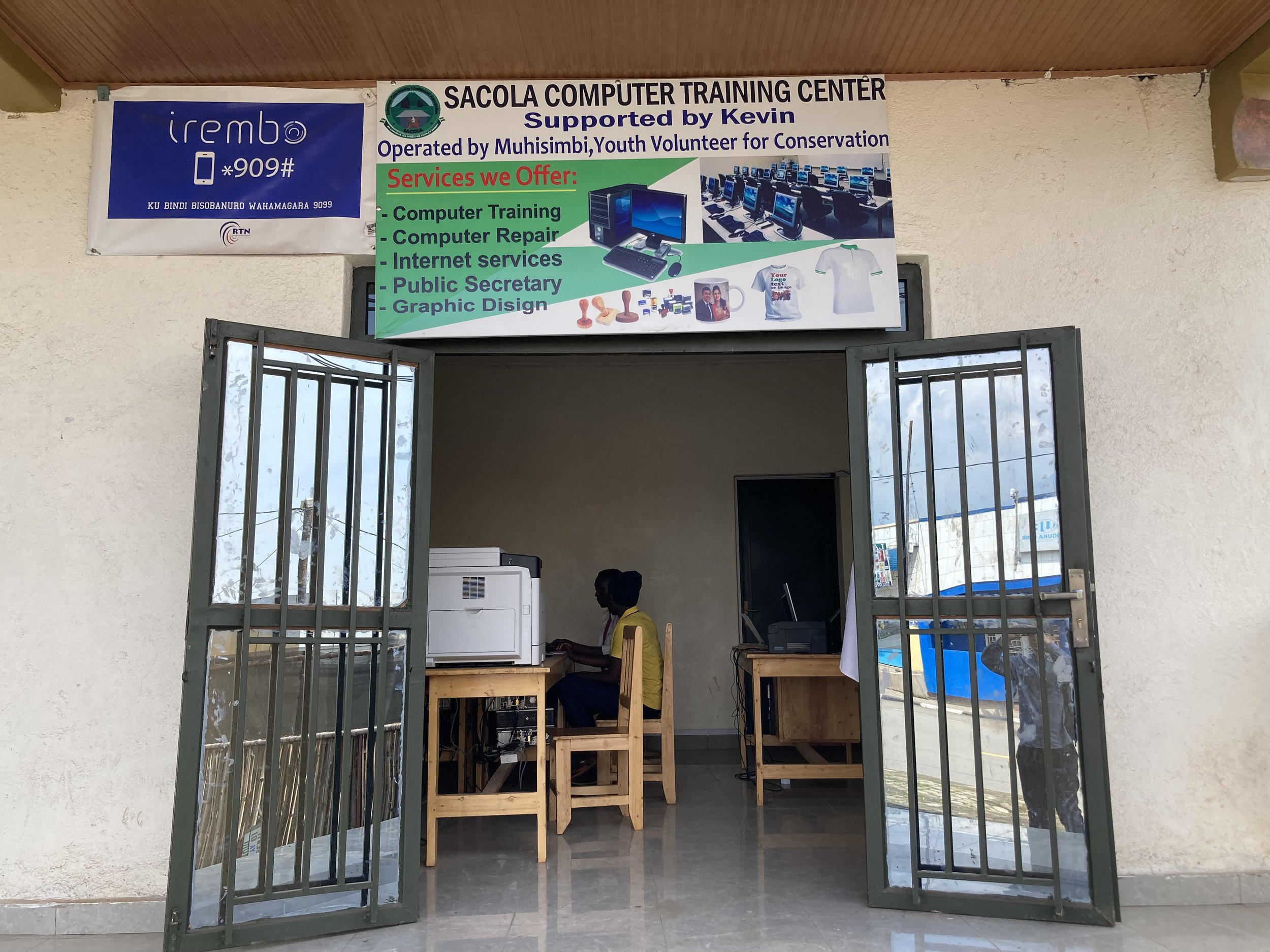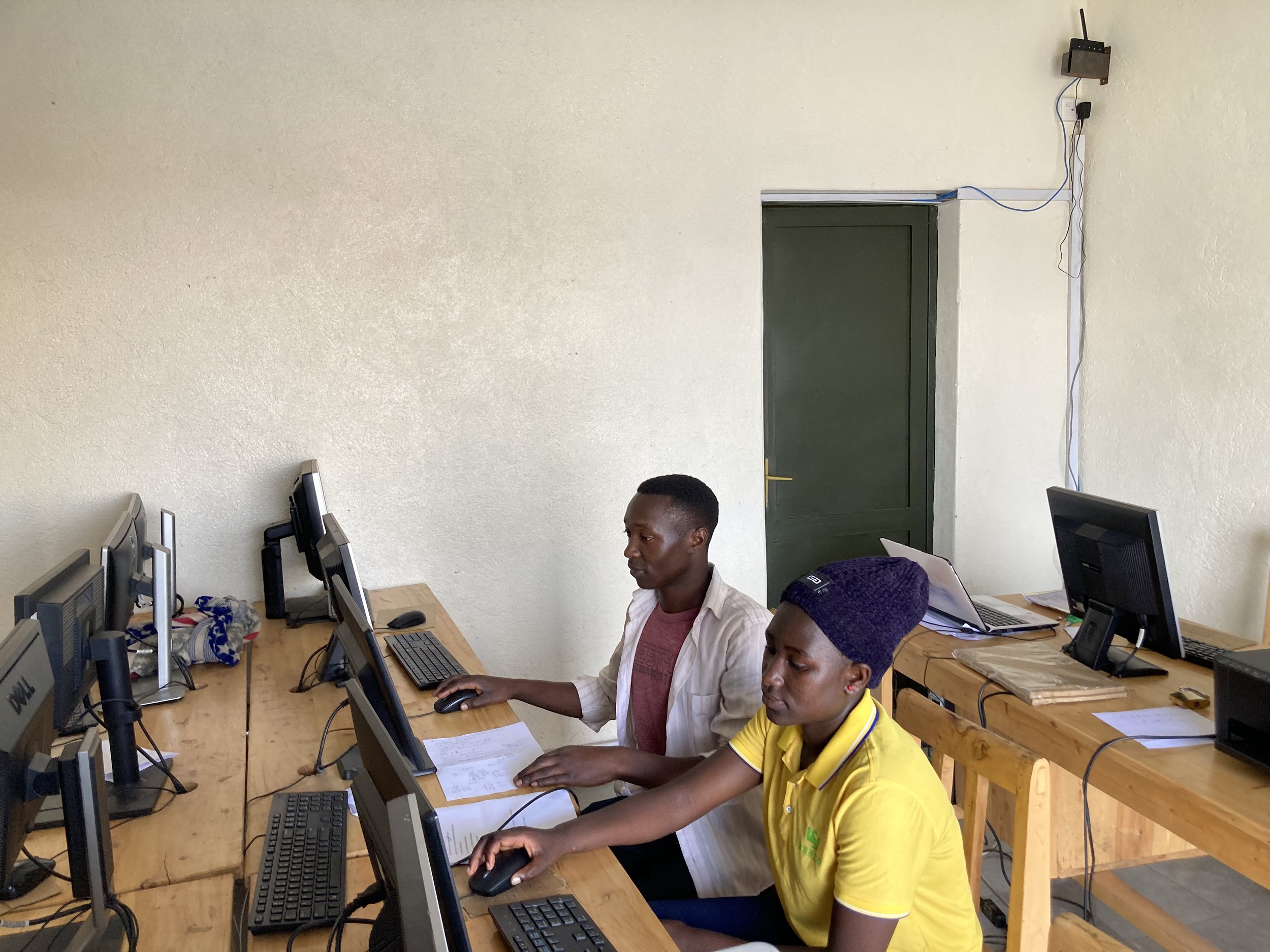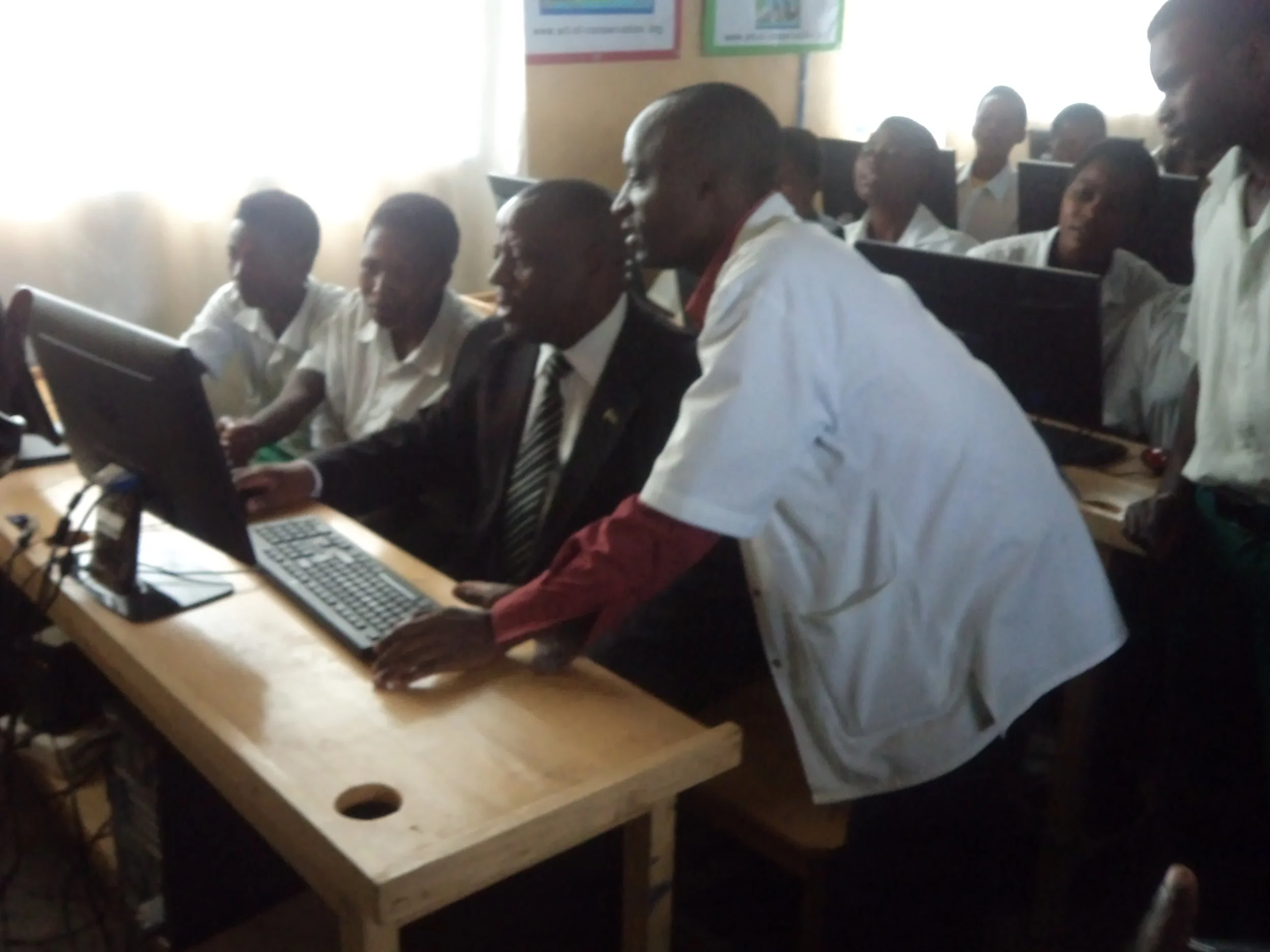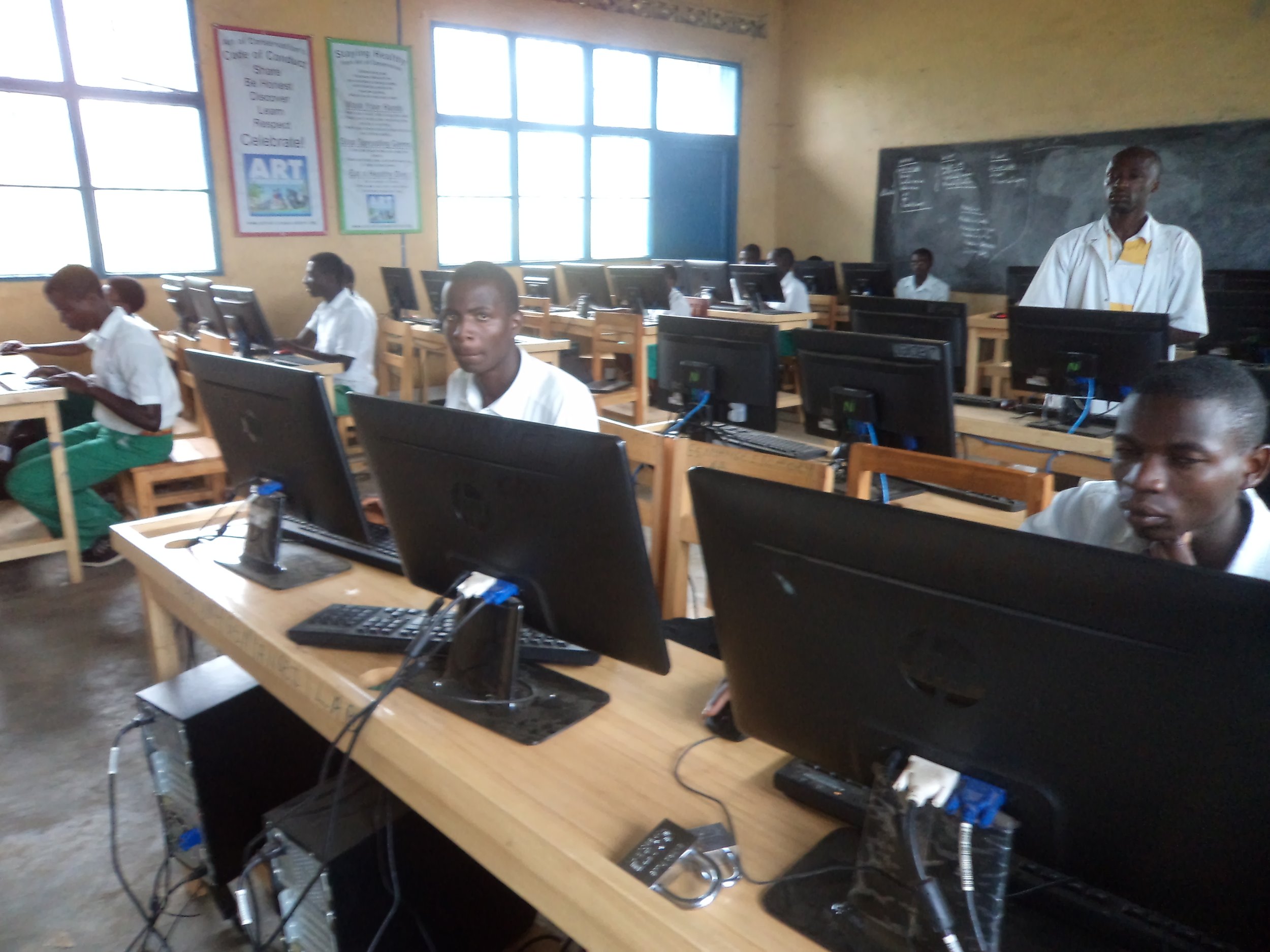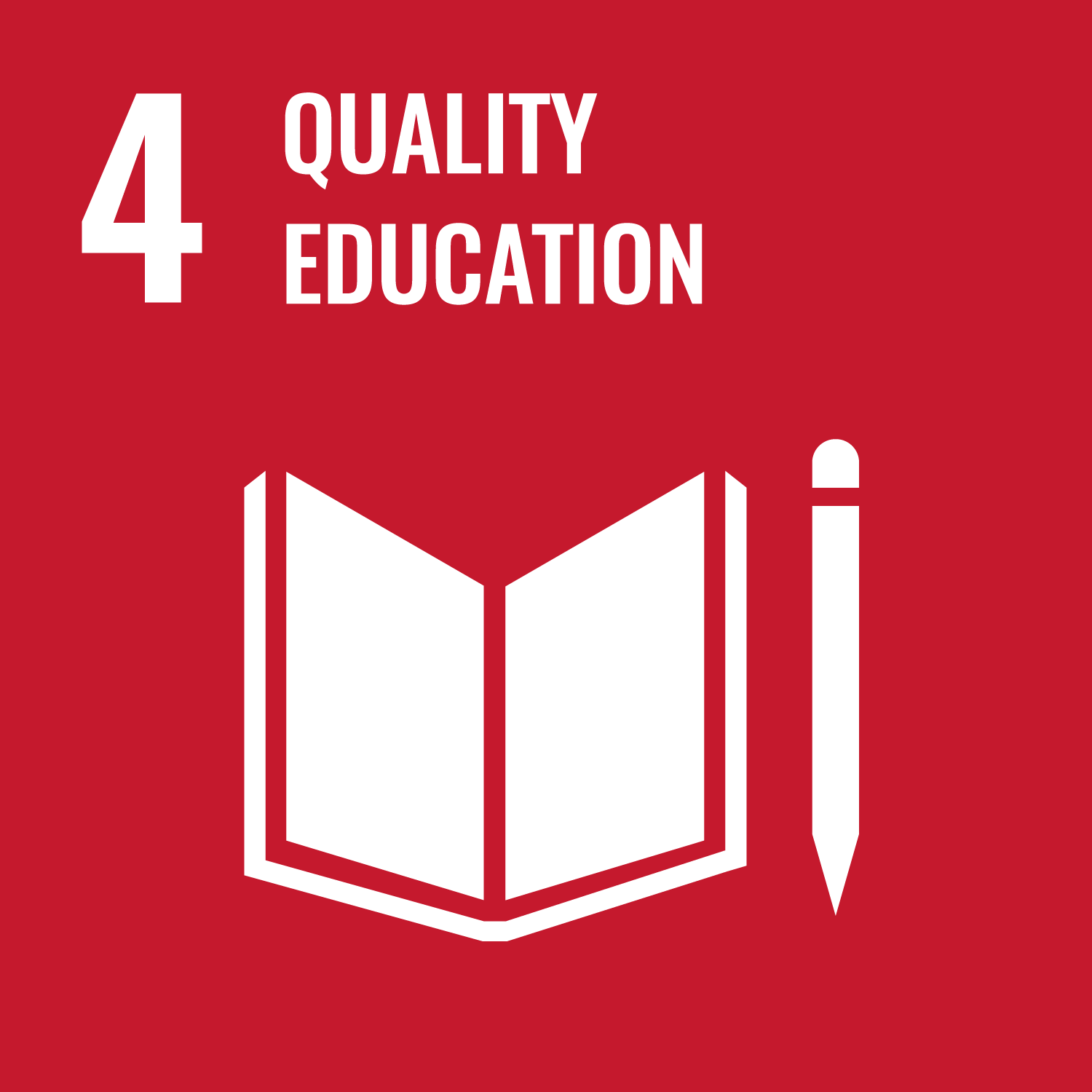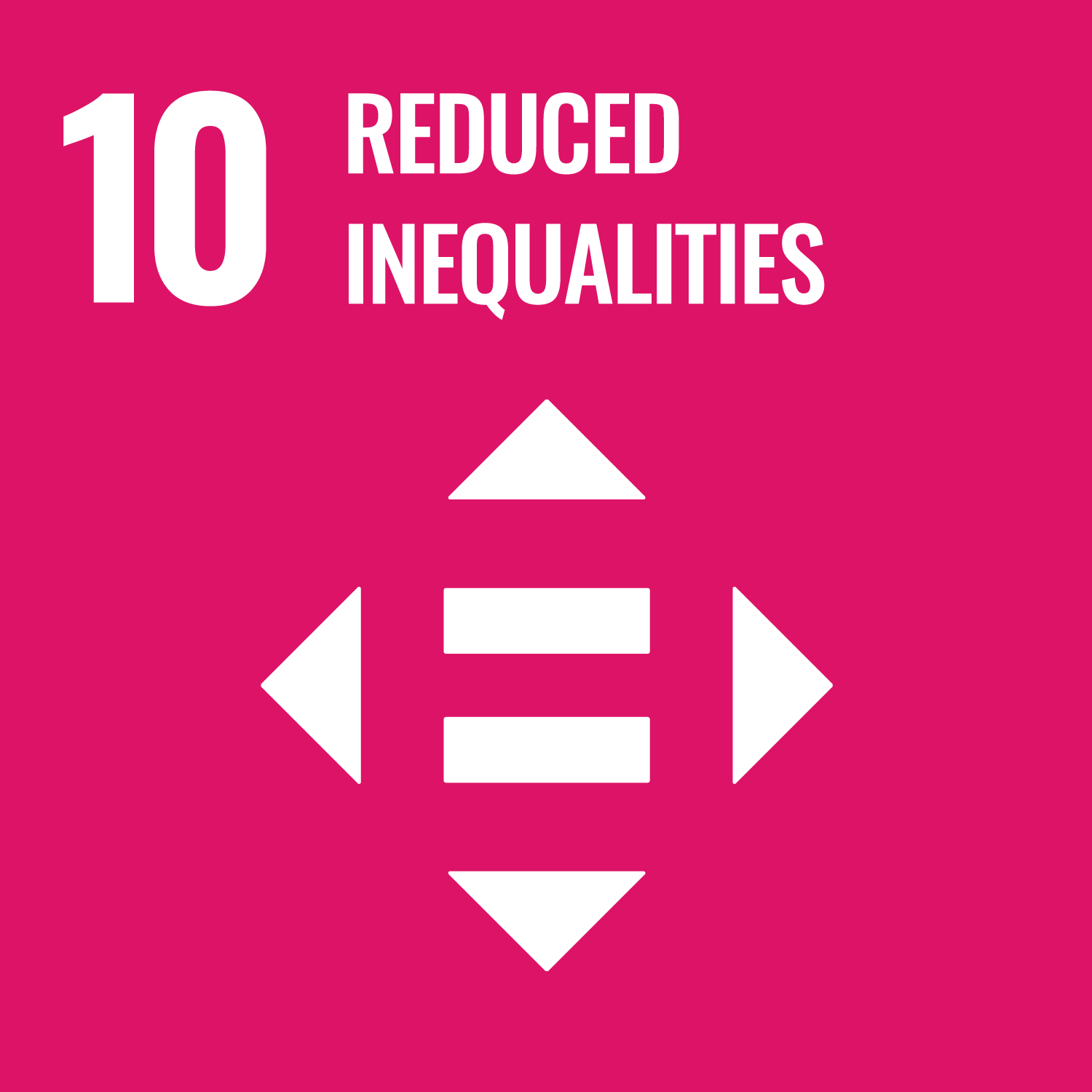Information and Communication Technology Education Centre: A Seed of Digitalisation
Rwanda Vision towards technology
As part of Vision 2020, human resources are taken seriously in order to transform the Rwandan economy into a knowledge-based economy. Science, technology education and ICT skills have been promoted.
Rwandans are rightly proud of their cultural roots. To ensure that our people take advantage of the heritage in all facets of the development process, embrace of technology to compliment our cultural strengths is indispensable.
Reality in rural communities
In Rwanda, the rate of adoption and integration of technology in socio-economic life is very low, let alone rural communities. Compared with developed countries, where almost every family has at least one personal computer (PC), it is rare to observe a personal computer in a household.
Involvement of SACOLA
SACOLA notices that digitalisation cannot be accomplished in an action. It should build up step by step. Therefore, SACOLA first provides a space for the local community to access technology. We do this by donating computers from Computer-Aid UK and other technology, giving access to power and internet, and supplying training to use this technology. People in the community are also welcome anytime. Our achievement include:
1. Provision of Technology: hardware & software
In Kinigi SACOLA ICT centre, 12 computers, a server and Wifi router are servicing. With installation of Microsoft Windows and Office, users are able to browse websites, connect to online service for office documents, document offline files and practice ICT skills. Furthermore, a printer provides locals with printing service.
Fig. 1 SACOLA ICT centre opens for service provision during the whole week except for Saturday.
2. ICT skills training
With connections from SACOLA, skillful trainers are hired to join the ICT centre. The training programme targets young students who still study in primary or secondary school without resources. This can benefit vulnerable children to acquire ICT skills.
The ICT skills training sprints are held mostly on holidays, when students have abundant leisure time to enjoy training. Afterwards, those children would get back to school to expand their skills and knowledge seamlessly with other students.
Fig 2. Trainers improve their skills and prepare materials for coming kids.
Fig 2. Trainers improve their skills and prepare materials for coming kids.
Alignment with UN SDGs
Quality Education
Goal 4: Quality education claims to ensure inclusive and equitable quality education and promote lifelong learning opportunities for all. In this scope, ICT education centre meets the requirement of providing ICT education for trainers and trainees.
Furthermore, integration of sustainable development into formal, informal and education opportunities are embodied by this project. ICT centre fills the gap of academic semesters (formal education), providing ICT skills training for children (informal and non-formal education).
Reduced inequalities
Poor and vulnerable communities have been hit deeply by COVID-19. The pandemic exacerbates existing inequalities. Kinigi is one of those cases. International tourists dropped dramatically and vulnerable families bear the brunt of the crisis.
ICT education project creates alternative opportunities other than agriculture or textile, which were suffered from logistics failures and dramatic shrinking of tourism.

